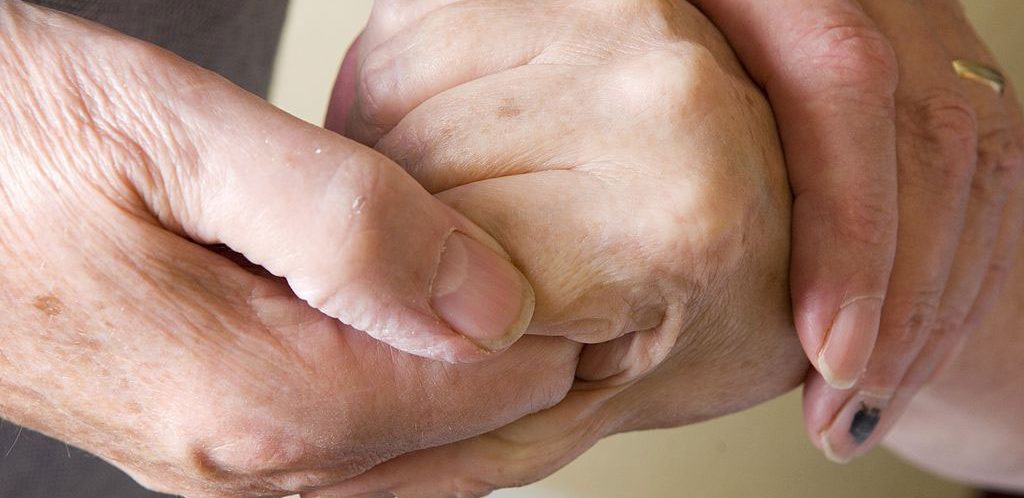What Makes a Good Death?

The vast majority of people want to die at home, but they don’t.
The overwhelming majority of Americans want to die in their homes, but only 29 percent actually do. When it’s your time to go, how do you want to die?
Although it’s not something you ordinarily want to consider, at some point in your life you’ve probably thought about how you want to die.
You could pass away while crossing a street – not the way you would want to go – but even people with choices don’t always die the way they want.
YOU MIGHT ALSO LIKE: Your Decisions on Medical Care at the End of Life
The overwhelming majority of Americans, writes Elizabeth O’Brien, want to die at home, but only 29 percent actually do, according to the Center for Disease Control and Prevention’s National Center for Health Statistics. What’s more, only 14 percent of physicians have billed Medicare for an end-of-life conversation under the new advance-care planning program, according to a recent poll sponsored by the John A. Hartford Foundation, the California Health Care Foundation, and Cambia Health Foundation.
In one study, researchers have looked at what constitutes a “good death” in the eyes of patients. They did this by analyzing 32 peer-reviewed reports on the topic.
“Death is obviously a controversial topic,” says Dilip Jeste, MD, of the University of California San Diego School of Medicine. “People don't like to talk about it in detail, but we should. It's important to speak honestly and transparently about what kind of death each of us would prefer.”
That’s apparent in the way doctors say they want to die.
A Stanford University study found that nearly 90 percent of doctors would not want to be resuscitated or have aggressive treatment done if facing a terminal illness.
About 10 years ago, after a colleague had died quickly but peacefully, Ken Murray, MD, began pondering the fact that doctors die differently than most other people, according to NPR.
"He had died at home, and it occurred to me that I couldn't remember any of our colleagues who had actually died in the hospital," Murray says. "That struck me as quite odd because I know that most people do die in hospitals."
Murray began talking about it with other doctors. "And I said, 'Have you noticed this phenomenon?' They thought about it, and they said, 'You know? You're right….' I fit with the vast majority that want to have a gentle death, and don't want extraordinary measures taken when they have no meaning," Murray says.
A retired family practitioner, Murray wrote an article called “How Doctors Die” that went viral.
Most of the elderly feel the same, according to a report. “Yet, they often die while hooked up to life support. And only about one in 10 doctors report “having conversations with their patients about death,” writes Stephanie O’Neill.
In the recent study on what patients thought would make a good death, the researchers identified 11 core themes, including being able to make a choice while dying, being free of pain, and having the appropriate religious or spiritual touches they wanted.
Other key characteristics included dying with a sense of emotional well-being, passing away with dignity, and feeling as though one has “completed” one's life. The type of treatment given, family, quality of life, the relationship with a healthcare provider and “other” were also identified as key criteria.
Take the case of Eddie Ascancio, who arrived at Montefiore Medical Center in the Bronx with terminal health and neck cancer. His sister, Helen Wilson, begged the palliative care doctors there to give her a straightforward assessment of her brother’s condition so she could make some decisions. She said she has brought him to Montefiore after being dissatisfied with the doctors’ responses at another hospital.
They immediately called a family meeting, the doctors listened, then asked if Wilson wanted to take her brother home to die. She said that would probably make him very happy, and they would set him up in her daughter’s bedroom
Ascanio was too angry over being in a hospital to attend the meeting himself. So, they brought him home, and four days later he died in peace surrounded by stuffed animals and his family.
YOU MIGHT ALSO LIKE: When Someone You Love Faces Terminal Illness
Updated:
April 07, 2020
Reviewed By:
Christopher Nystuen, MD, MBA